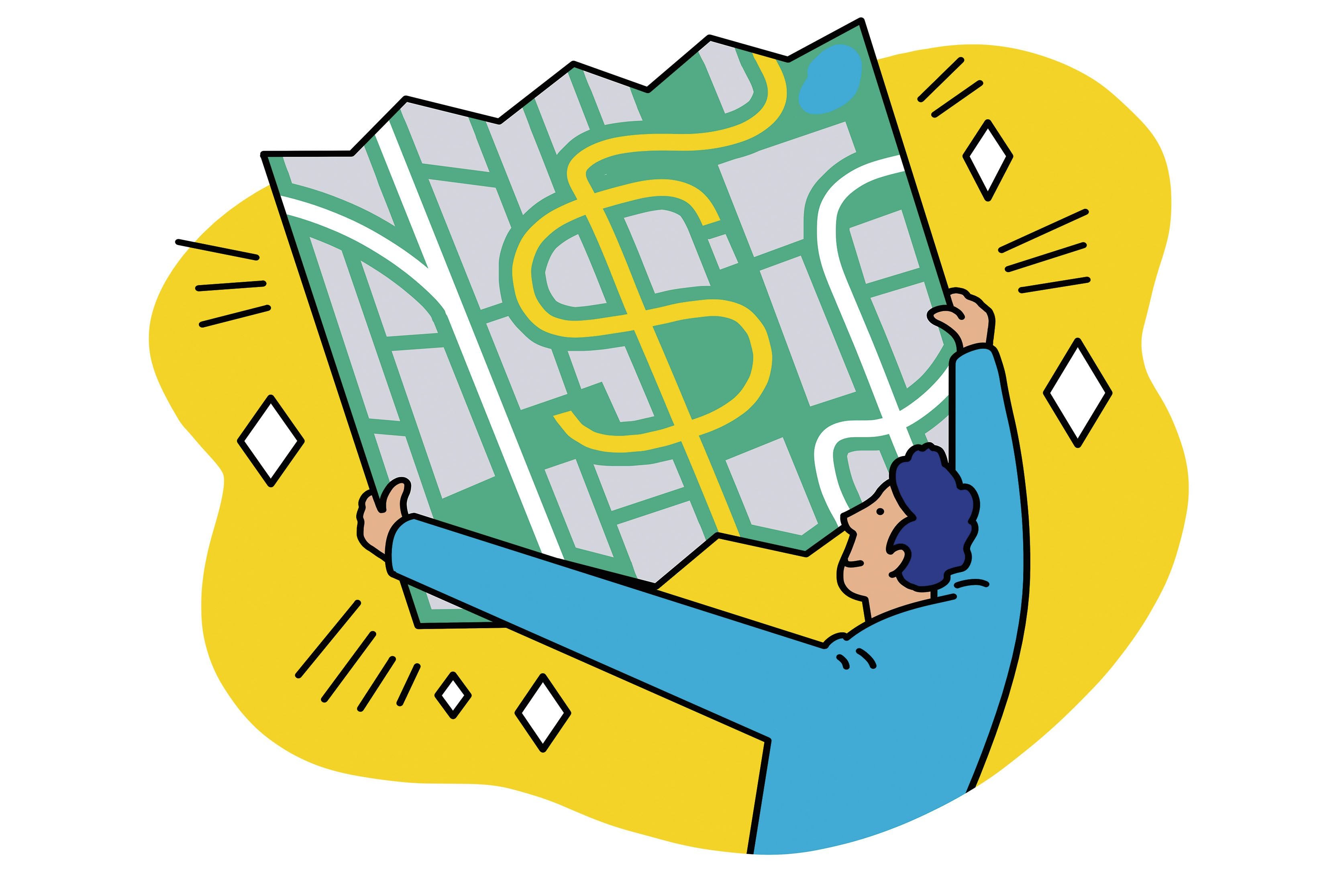Houses with real estate signs in Toronto on Oct. 12, 2021.Christopher Katsarov/The Globe and Mail
You should usually pay off the mortgage on your house before you retire. Doing so makes you less financially vulnerable to spending shocks in retirement.
To put it a different way, you will almost certainly have fixed-income assets in your retirement portfolio (such as bonds), and those assets will be earning less interest than you are paying on the mortgage, so why not simplify your life by liquidating the mortgage?
It turns out it’s not quite that simple. There are times when it is better to carry your mortgage into retirement than pay it off immediately. The reason is income tax.
Consider the situation for Mike and Sarah, a couple living in Ontario. They are both 62 and ready to retire. They hold $1-million in their RRSPs (their only financial asset), but this is offset by the $200,000 they have remaining on their mortgage. Since the mortgage is coming up for renewal, they want to know if they should be pulling money out of their RRSPs to liquidate the final $200,000 of debt or continue to make monthly mortgage payments for another five years. With such a short amortization period, at 5.5-per-cent interest, the monthly payments would be $3,815.
As much as Mike and Sarah would like to see the mortgage eliminated as soon as possible, it may not be in their best interests to make that happen. The only way they can pay off the mortgage immediately is to withdraw a large lump sum from their RRSPs. They would have to withdraw much more than $200,000, though – $326,000, as it turns out – since the withdrawal would be taxable and would catapult them into a much higher income-tax bracket. Painful as that sounds, Mike and Sarah still want to know if that is how they should proceed.
Since the tax implications are complicated, I asked Raphi Zaionz and Kosal Chhin of Mygoals Inc. to use their tax optimization software to determine the best option. I had them assume that the RRSP would earn interest at 4 per cent a year, which is a little less than the net median return on a balanced portfolio of stocks and bonds and slightly more than the current risk-free rate (which is based on five-year Government of Canada bonds). Mygoals also assumed that Mike and Sarah’s lifetime income would have to last until age 88.
Based on these assumptions, Mygoals determined that Mike and Sarah would be better off making mortgage payments for another five years rather than paying off the mortgage immediately. Their after-tax income would be $67,000 if they were to continue to make payments versus $65,000 if they were to pay the mortgage off now. (These figures include CPP and OAS income and are expressed in constant dollars.)
The main reason it is better to continue paying the mortgage in this case is that Mike and Sarah can avoid the higher income-tax brackets if they make smaller RRSP withdrawals for five years rather than one big withdrawal.
Based on these calculations, they will probably pay off their mortgage over five years since the additional $2,000 a year in after-tax income is a material amount. This is not to say that all retirees in their situation (with only RRSP assets) would do the same. Retirees who are especially risk-averse might still opt to pay off the mortgage immediately. This is because their RRSP assets are likely invested in stocks and bonds and there is no guarantee that they will earn a 4-per-cent return net of fees. In fact, they could even suffer a net loss on their portfolio, in which case they would definitely be better off paying the mortgage off now.
In this simple case study, Mike and Sarah have no TFSA assets. This is unusual given that there are more than 16 million TFSA holders in Canada (as of 2020) out of a population of 31 million people aged 20 or over. What if Mike and Sarah also had $200,000 in TFSA assets in addition to their RRSP balance of $1-million? Would it still make sense to continue making mortgage payments for five more years?
The answer is no. They would be better off using the entire $200,000 in TFSA assets to pay off the outstanding mortgage balance. Remember that, unlike RRSPs, withdrawals from a TFSA are not taxable income. A close second would be to use the TFSA assets (to the extent they last) to make mortgage payments for another five years. The worst option is to use their RRSP assets to pay off the mortgage and leave the TFSA intact.
Frederick Vettese is a former chief actuary of Morneau Shepell and the author of Retirement Income for Life. Mygoals is a firm of professionals who offer personal financial advice using proprietary tax optimization software.

Ready to think about your (eventual) financial freedom?
Introducing Retire Rich Roadmap, a 5-part newsletter course to set you up with the tools you need to think about retirement, whether that's happening now or in a few decades. Sign up now – each lesson will land in your inbox on Thursday.